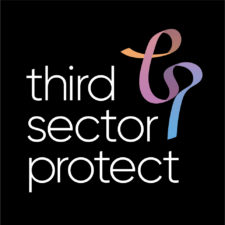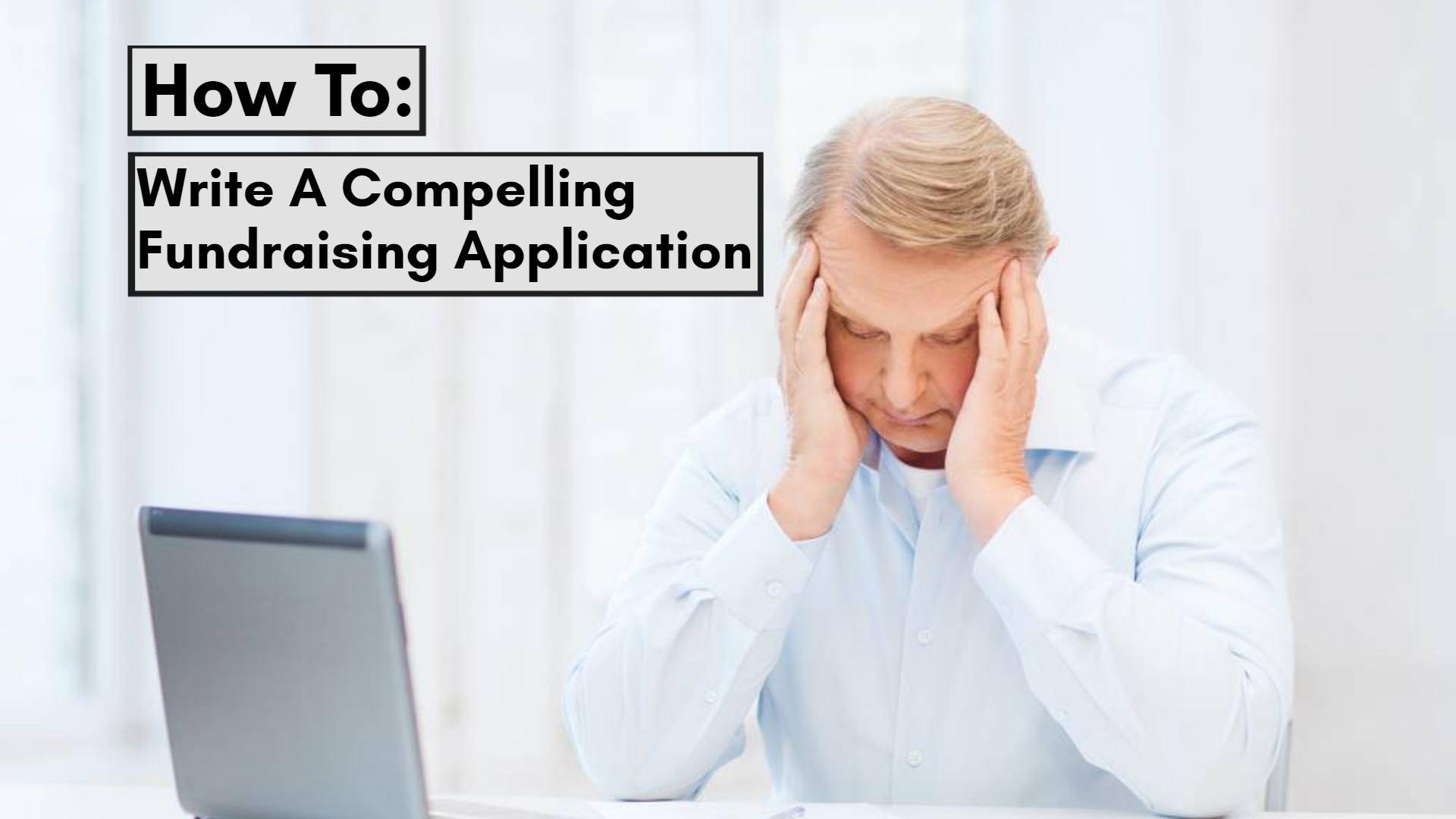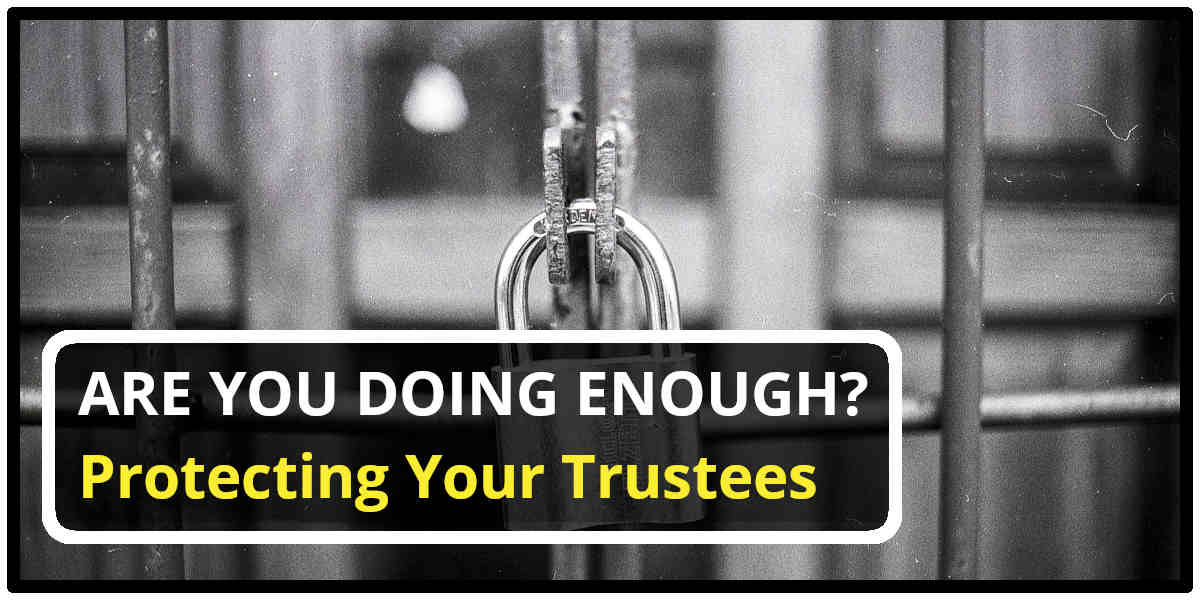
Protecting Board Members From Not-For-Profit Liability
Not-for-profit organisations provide essential social services that benefit communities and their members. These organisations cannot survive without a solid board of directors or trustees assigned to elect officers, adopt policies and make major financial decisions for the organisation. Although the members of the board are often volunteers, there is risk involved in holding one of these positions. Specifically, even when acting in good faith, not-for-profit board members are subject to personal liability, which may affect their personal financial status because of their business decisions. Therefore, it is imperative that your organisation and board members understand the risks involved in your organisation, their responsibilities as board members and the ways in which they can protect themselves from not-for-profit liability.
Not-for-profit liability
To combat the chance of affecting the personal liability of not-for-profit board members, not-for-profit organisations should assess the risks involved with holding these positions.
Your organisation should first develop a volunteer risk management committee to identify all risks and pose solutions to minimise potential harm. In addition, you need to ensure that the board members understand their governance responsibilities.
Your not-for-profit should educate its board on their legal duties, fiduciary duties and decision-making roles. Furthermore, the risk committee should ensure the following to reduce the risk of not-for-profit liability:
- The organisation is working within its stated mission.
- Funds are spent according to the mission and spending decisions are known to donors.
- The organisation does not accept donations with conditions.
- Individuals with personal agendas are not allowed to sit on the board.
- Board members are not using professional contacts in dealings with the not-for-profit.
Once the risks are assessed and the board members become aware of those risks, they must also understand the responsibilities associated with their positions.

Responsibilities of the board
If the not-for-profit is unincorporated, the trustees must follow duties specified in the Trustee Act 2000 in England and Wales, the Trustee Act 2001 in Northern Ireland and the Charities and Trustee Investment Act 2005 in Scotland.
If the organisation is incorporated, the board of directors must follow duties specified in the Companies Act 2006. There are seven defined general duties in the Companies Act, several of which are listed below:
- Duty to exercise reasonable care, skill and diligence. The individual should act in the way that a reasonable person would: with the general knowledge, skill and experience that is reasonably expected out of a person in that position.
- Duty to promote the success of the company. The individual should place the organisation’s financial interests as the primary responsibility.
- Duty to avoid conflicts of interest. Individuals should remain honest about business ventures that pose a conflict of interest when acting as a representative of the organisation.
- Duty to act within powers. The individual should try to further the mission of the not-for-profit by supporting board decisions and implementing policies as they are outlined.
In addition to the duties set out by relevant acts, board members must also ensure that the not-for-profit follows all tax requirements and complies with all applicable laws in order to prevent not-for-profit liability.

Protections
Since there are risks involved with being part of a not-for-profit board member, there are several protections available to minimise personal liability. Most not-for-profit organisations have indemnification provisions in their bylaws.
These provisions explain that the organisation will cover the legal expenses accrued in the event of a legal action. However, if the organisation does not have excess funds, it may not be able to support this provision. In addition, if the board member was not acting in good faith, the provision becomes null and void.
Secondly, not-for-profit organisations should strongly consider purchasing insurance to cover their board members in situations that fall outside of the indemnification provisions or in the event that their financial situation does not allow them to cover extensive legal expenses.
Not-for-profits should consider the following policies:
- Public/Products Liability protects volunteers and employees from bodily injury and personal injury claims.
- Personal Liability.
- Motor Liability cover is needed for volunteers operating vehicles while working on behalf of the organisation.
- Directors’ and Officers’ Liability (D&O) protects directors and officers against employees, clients and community members serviced by the organisation. Specifically, D&O provides cover for discrimination, harassment and wrongful termination claims.
Not-for-profits should strongly consider D&O insurance since most individuals will not volunteer on a board with the knowledge that they are risking their personal assets in the event of litigation. Proper insurance cover and other risk management strategies can help ensure that your organisation and its board members are protected against liability.
ThirdSectorProtect
If you want to enquire about any of the covers we’ve discussed above, then get in touch. Visit our website or call one of our expert team on 0191 482 1219.
Want more? Why not read some of our past blog posts on charity compliance:
- Insurance for community groups- The right cover.
- 2019’s newest charity scam.
- Guide to insuring your charity premises.
For more tips and tricks on all things related to charities, not-for-profits and community groups, follow us on Facebook, Twitter & LinkedIn.
 |  |  |







